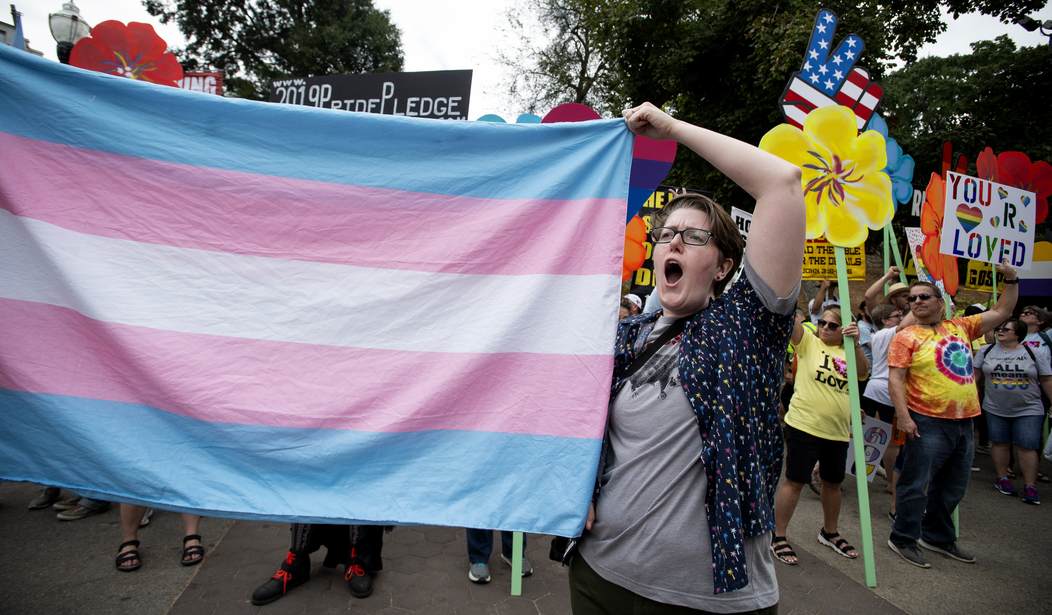In 2022, a shocking study conducted by researchers at UCLA’s Williams Institute claimed that 0.5 percent of all American adults, 1.3 million people, and about 300,000 youth 13 to 17 years old identify as transgender. This means the individual “identifies” with a different gender than the sex they were assigned at birth.
Now, data is showing that students in the University of California system, specifically, are increasingly identifying as either “transgender” or “non-binary.”
This week, multiple reports revealed that the number of undergraduate students identifying as non-binary across UC system campuses rose by over 2,000 from 2019 to 2023. This encompasses terms like “genderqueer” and “gender non-conforming” (via Fox News):
The percentage of students identifying as gender non-conforming, non-binary or transgender has also tripled over the last four years (.06% in 2019 to 1.9% in 2023). Most of the students fell under the non-binary category, while transgender men and women were identified as the smallest demographic in 2023, at .2% and .1%, respectively.
UC Berkeley reported a major uptick in the number of students identified as transgender or gender non-conforming, rising from .2% in 2019 up to 1.8% in 2023.
[...]
UC Santa Cruz had the largest non-binary and transgender undergraduate population in 2023 (4% and 1.1.%).
[...]
Ninety-four percent of respondents who had lived at least part of their life in a different gender than their birth sex reported they were "a lot more satisfied" or "a little more satisfied" with the quality of their life.
Only 1% of respondents said they were "a little less satisfied" with their life and only 2% said they were "a lot less satisfied."
Last month, a new poll from the Public Religion Research Institute found that a staggering amount of young people identify as LGBTQ+, compared to previous generations, which Townhall covered.
In the survey, 43 percent of Gen Z adults said they identify as “liberal.” About 36 percent identify as Democrats, while 21 percent say they’re Republicans. Thirty percent of Gen Z adults in the survey said they are Independents.
Recommended
On LGBTQ+ issues, 28 percent of Gen Z adults said they identify as LGBTQ+. This compares to 16 percent of millennials, 7 percent of Generation X, 4 percent of baby boomers and 4 percent of the Silent Generation.
“Clearly, Gen Z does not like to be labeled, and they're not necessarily wanting to hang their hat with a particular political party these days," PRRI CEO Melissa Deckman told Axios of the findings.























